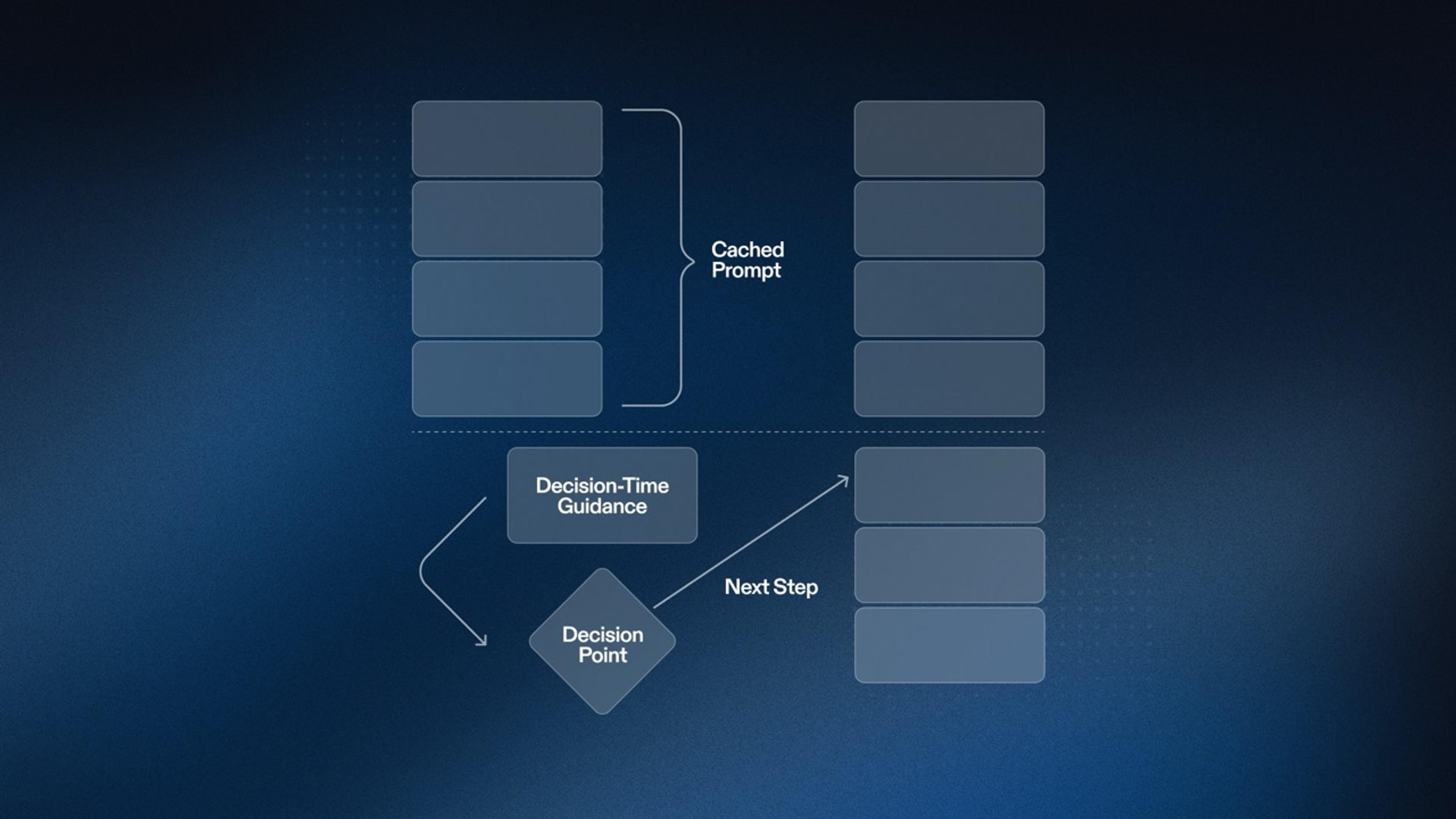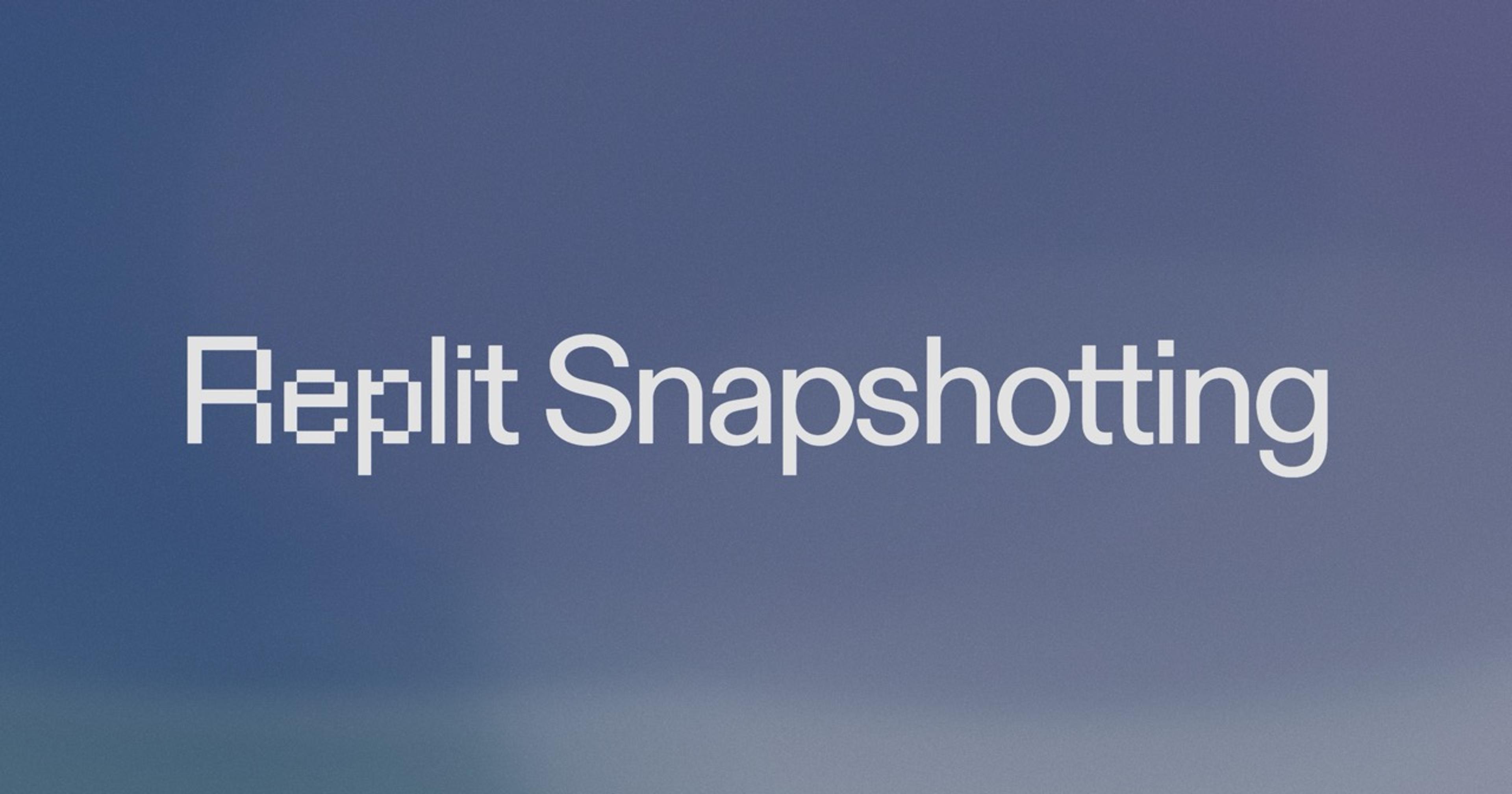In August last year, we announced Repl Identity, a signed identity for every Repl that your code can use to authenticate other Repls when communicating with your APIs and services.
For a quick refresher, you can try out the demo that decodes the identity token and outputs it to the shell.
We have a Go package for this already (docs here), but there's a limited selection of bindings for other languages. To that end, we're rolling out a command-line tool in every Repl that allows you to use features like Repl Identity in any language that can run a subprocess.
Here's a quick demo that you can try in our own Repls:
$ TOKEN=$($REPLIT_CLI identity create -audience="the target repl id")
$ $REPLIT_CLI identity verify -audience="the target repl id" -token="${TOKEN}" -json
{
"replid": "ff2d906a-0a47-482b-9067-1ac0a078c394",
"user": "mattiselin",
"slug": "replit-cli",
"aud": "the target repl id"
}
Check out this example Python Repl that creates and verifies a Repl Identity token:
You can wrap this command in your code to do token creation and verification without needing a direct language binding.
Enjoy!




